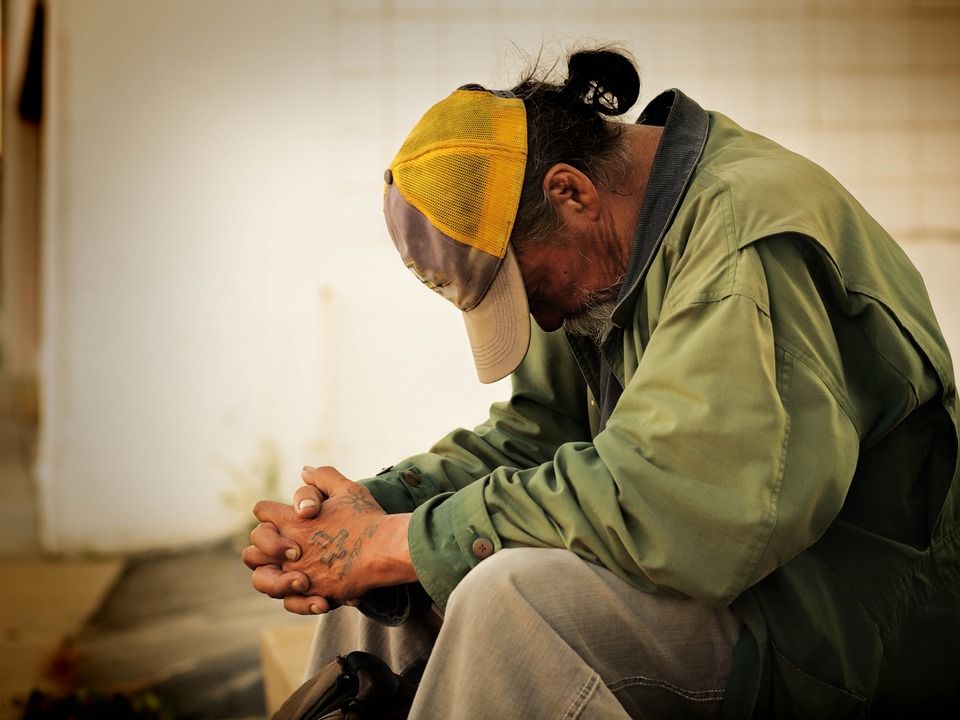According to new figures from the EU statistics keeper Eurostat, the percentage of Danes at risk of poverty or social exclusion increased from 16.3 to 17.7 percent from 2008-2015.
The figure is the highest in the Nordic region and well ahead of Norway (15.0 percent), Sweden (16.0), Finland (16.8) and Iceland (13.0). Fortunately, Denmark still performed better than most.
“In 2015, more than a third of the population was at risk of poverty or social exclusion in three member states: Bulgaria (41.3 percent), Romania (37.3) and Greece (35.7),” the Eurostat report (here in English) found.
“At the opposite end of the scale, the lowest shares of persons being at risk of poverty or social exclusion were recorded in the Czech Republic (14.0 percent), Sweden (16.0), the Netherlands and Finland (both 16.8), Denmark and France (both 17.7).”
READ MORE: Government scraps official national poverty line
Concerning figures
The report also found that the share of Danes who were considered ‘Persons severely materially deprived’ nearly doubled from 2.0 to 3.7 percent from 2008-2015.
Conversely, in Sweden, Norway and Finland, the percentage of that group decreased over the same period.
Worryingly, Eurostat estimated that the share of people within the EU at risk of poverty is back to the level that preceded the financial crisis of 2007-08.
















